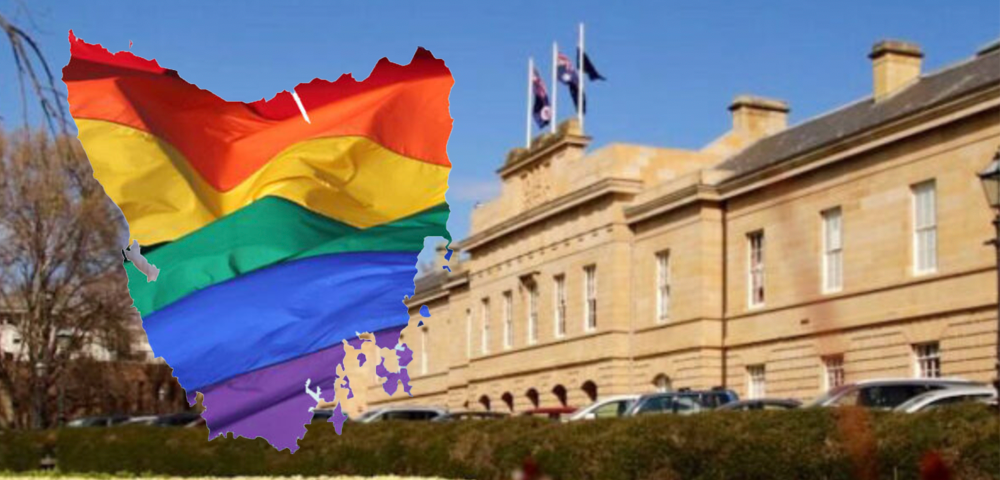
Changes proposed to legal recognition of trans and intersex people in Tasmania

THE requirement for trans people to undergo surgery to legally change their gender or for intersex people to have surgical or hormonal treatments to modify their sex characteristics should be scrapped, according to a paper delivered to the Tasmanian Government.
Tasmania’s Anti-discrimination Commissioner Robin Banks has recommended to the state government make changes to the law regarding trans and intersex people in a consultation paper outlining options for amending the Tasmanian Births, Deaths and Marriages Registration Act 1999.
The 37-page paper includes suggestions for improved arrangements of the legal recognition of trans and intersex people in Tasmania to come into line with the state’s Anti Discrimination Act and the federal Sex Discrimination Act.
“It is unacceptable in 2016 that our laws still require evidence of expensive, risky and for some precluded surgical procedures for a change of sex to be legally recognised,” she said.
“Nor is it appropriate that persons with intersex variations be required to have surgical or hormonal interventions to modify their sex characteristics.
‘The options paper recommends that the requirement to undertake surgery be removed and that arrangements for amending sex records more clearly reflect the actual complexities of sex and gender diversity.”
The paper also considers options that would enable people who are transgender or intersex to legally record their sex using X or another non-binary sex marker.
The options paper has been forwarded to Tasmanian Attorney-General Dr Vanessa Goodwin with the final report provided to her following the consultation period – for which submissions are open until April 4.
Goodwin told Star Observer the discussion paper marked the commencement of a community consultation process on the issues canvassed and the government would “carefully consider” the commissioner’s recommendations once the report was released.
Banks said it was important Tasmania ensured its laws were current.
“The recommended change is consistent with recent decisions of the High Court and with changes taking place elsewhere,” she said.
“For Tasmania to consider and act on these issues now means we will again be in the forefront of ensuring our laws are relevant, up to date and inclusive of all Tasmanians.”










I hope Tasmania picks either the Ireland or Malta gender identity legislation model! This model was implemented just last year, it can work.
I was under the impression that Tasmania, was going to introduce a bill for an expungement scheme? What happened to that proposal? Did the Liberal government change there mind hey?!
Of course the anti-discrimination law already covers gender identity. However these laws only prevent people from treating you, as a transgender individual, any worse than a cisgender individual. The laws do not require corporations to recognise your preferred gender unless you have had surgery.
Neither state or federal laws require people to treat you as your preferred gender until you are a ‘recognised transgender person’ which requires you to have the sex amended on your birth certificate.
In all states of Australia, you are ineligible to amend your birth certificate unless you have had SRS.
Many people are unable or unwilling to complete surgery – it is costs around $50,000, is high risk, and requires up to six months off work to recover. Many people are deemed medically ineligible because of an interposed medical condition that would make surgery too risky.
These people should not be denied the right to be treated as their preferred gender, to be addressed with proper pronouns, and to be offered equivalent services as cisgender people.
An example of this is health insurance and access to medical services. Some insurance companies and medical providers only provide benefits such as breast cancer treatments to individuals that are legally female. A trans woman who has fully developed breasts, but no genital surgery, may be denied breast cancer treatment benefits merely because she cannot afford genital surgery. There are hundreds of other examples of goods and services trans people are denied because their circumstances prevent them from having surgery.
The aim of this report (and its recommendations) is to correct this form of indirect discrimination.
Hope that clarifies.
Tasmanian anti-discrimination laws already includes both gender identity and intersex status!